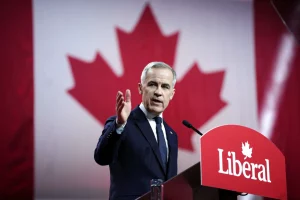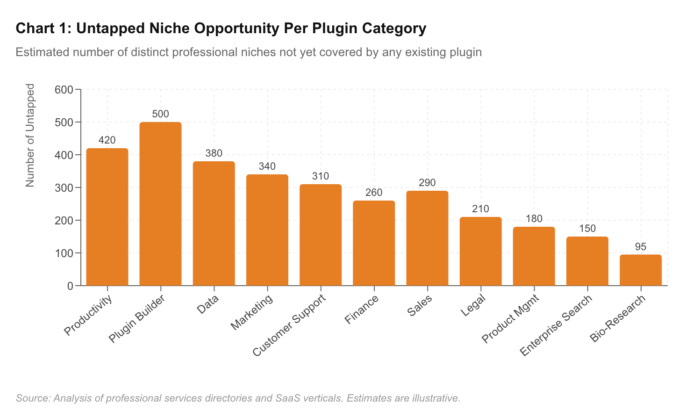Keir Starmer's first 100 days as PM were defined by these five key events.
The first 100 days of the PM's term have been filled with highs and lows, with more lows than highs.

Keir Starmer's first 100 days as Prime Minister have been filled with a mix of successes and challenges. If one were to look through Labour's General Election manifesto for the term "100 days," only one result would appear. The party had committed to introducing a "New Deal for Working People" within that time frame, and they succeeded with the unveiling of the Employment Rights Bill last Thursday. However, Sir Keir Starmer's first 100 days as Prime Minister have been notable for more than just this accomplishment.
One of the most significant changes during this time has been the decline in Starmer's popularity. From a 44% approval rating shortly after the election, it has now plummeted to 27%, leaving him with a net favorability of negative 36. So, what led to this shift in public opinion? We have identified five significant moments that capture the ups and downs of Starmer and his government during these first 100 days.
July 23 was a crucial day, as seven Labour MPs were suspended from the party. These included Richard Burgon, Apsana Begum, Ian Byrne, Rebecca Long-Bailey, John McDonnell, Imran Hussain, and Zarah Sultana. This move sent a clear message that Sir Keir was not afraid to be ruthless in maintaining control over his party. His critics had used this term to describe his efforts to reshape the Labour Party following Jeremy Corbyn's resignation as leader. Still, now it seemed that he was determined to uphold this image even after taking office.
Just six days later, on July 29, the Chancellor, Rachel Reeves, made her first major speech in the role. She revealed that a rapid audit of the country's finances had uncovered a £22 billion deficit left by the previous government. This sparked debates about the accuracy of this figure and the calculations behind it. In light of this deficit, Reeves announced that the universal winter fuel payment for pensioners would be scrapped and become means-tested, affecting 10 million older people. This decision was met with significant backlash, and the government has continued to mention the £22 billion deficit to justify their actions. The public's response to the riots that followed the announcement was mixed, with 43% believing Sir Keir handled them well and 40% thinking he did poorly.
On August 25, the Sunday Times ran a story about Labour peer Lord Waheed Alli being given a temporary pass to Downing Street after donating £500,000 to the party. This revelation sparked a series of stories about gifts and donations received by Sir Keir and other top figures in the government. While accepting freebies is not uncommon in Westminster, the idea that wealthy politicians would accept such gifts while also cutting benefits for pensioners did not sit well with the public. This issue continued to surface and even became a source of jokes at the party conferences.
October 6 marked a significant shift when Sue Gray, the PM's Chief of Staff, resigned from her position. She was replaced by Morgan McSweeney, one of the masterminds behind Sir Keir's successful run for Labour leader and the party's election victory. This change in leadership is expected to bring a new focus on political tactics and messaging at No 10.
As we mark the 100-day milestone, it is clear that Sir Keir Starmer's term as Prime Minister has been eventful, to say the least. From the suspension of MPs to the resignation of the Chief of Staff, there have been many ups and downs. It remains to be seen what the next 100 days will bring and how these early challenges will shape the rest of Starmer's time in office.










